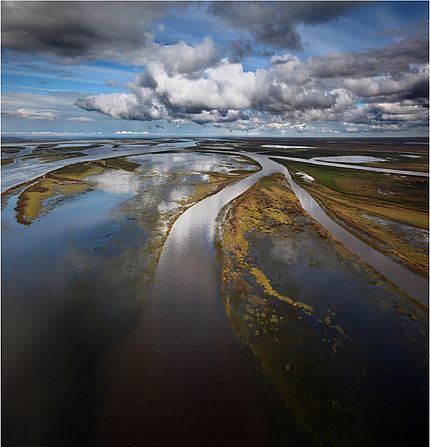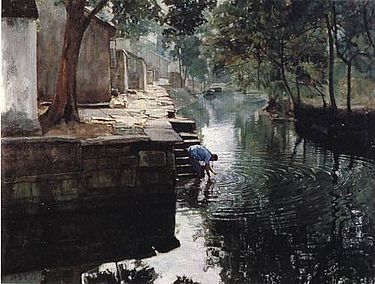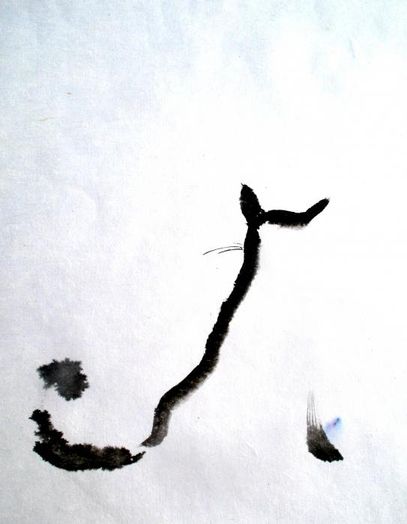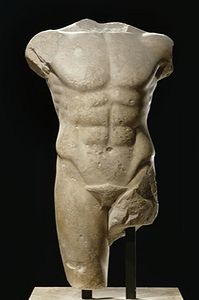.
.
A Path In The Luxembourg Gardens
Gérard de Nerval
(translated from French by mishari)
(for hic)
The young girl passed me,
quick as a bird and as lively:
a bright flower in her hand,
a new song on her lips.
It might be she, perchance,
whose heart would answer mine;
who, coming into my dark night,
would light it with a glance.
But no,– my youth is long gone…
adieu, sweet light that shone on me
– perfume, young girl, melody…
happiness has fled–it is all done.









